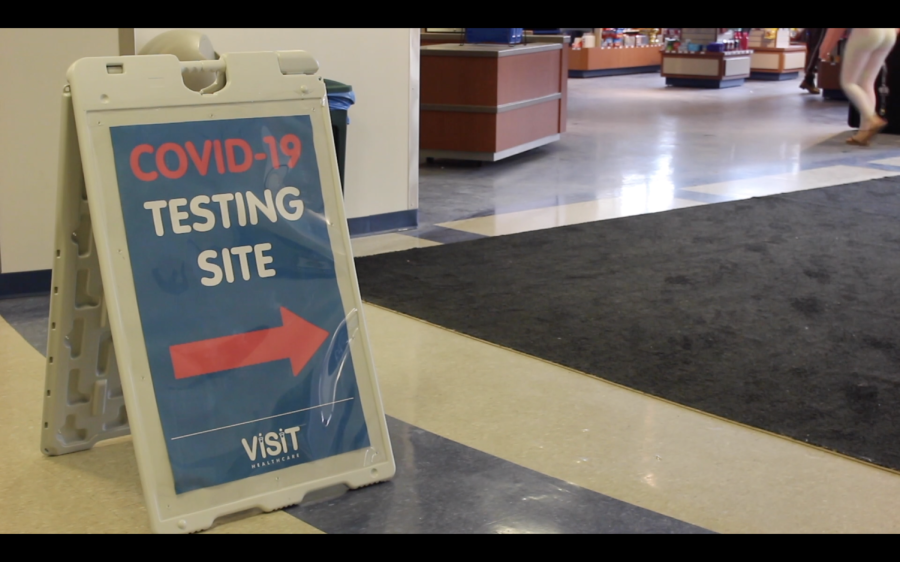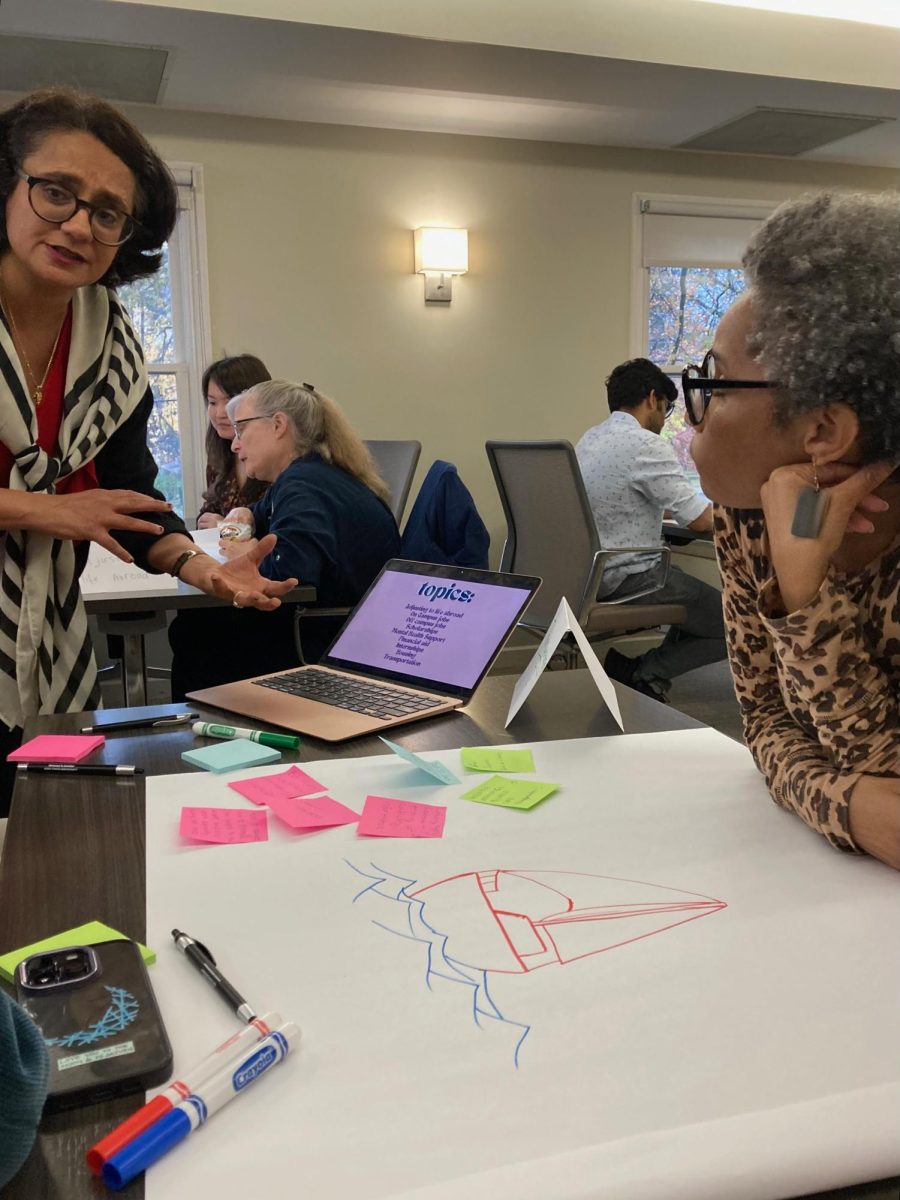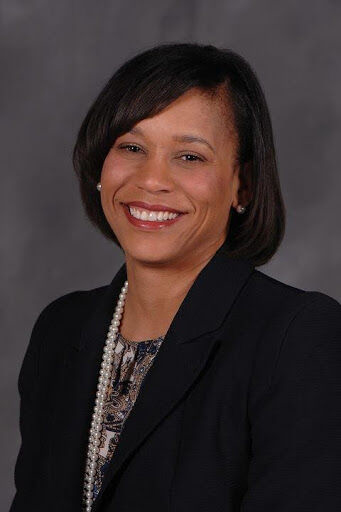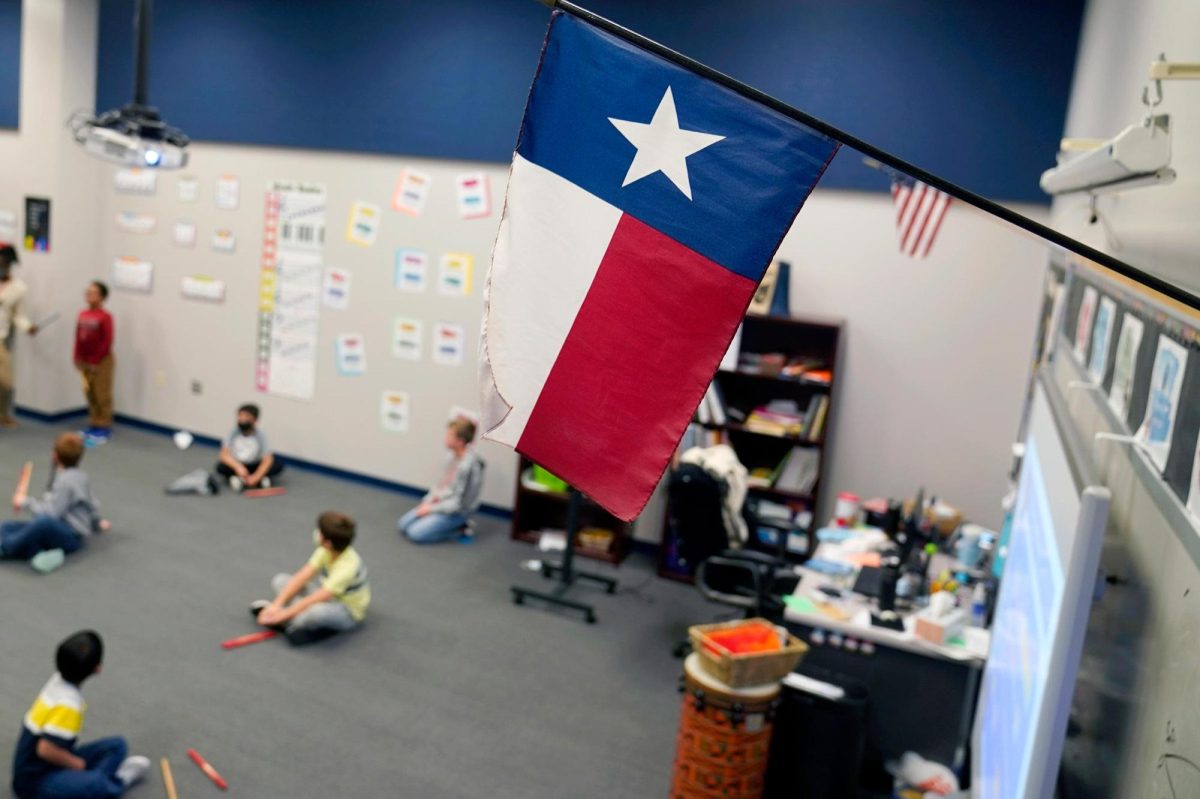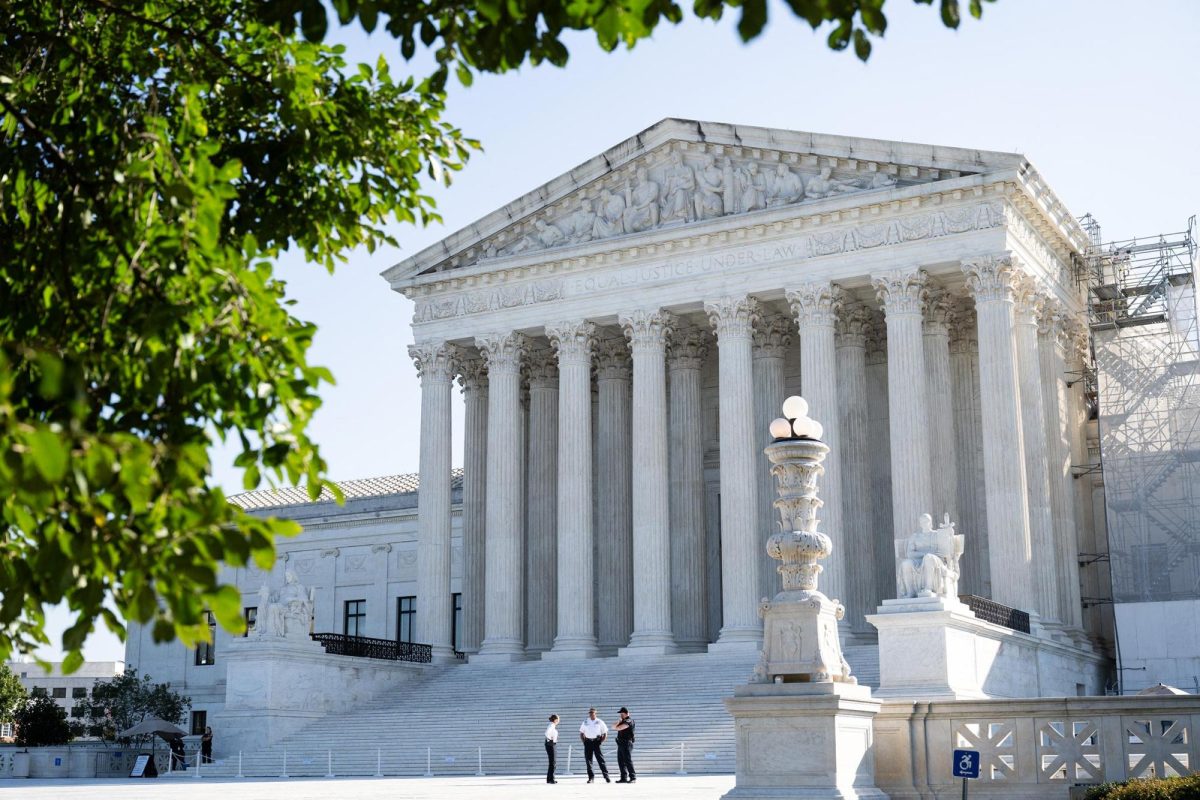It’s March 2020. The sun is shining on Kent State University. Centennial green is perfectly groomed, and groups of students are scattered about on blankets and beach towels. The mingling sounds of gossip, laughter and music drift to Tom Kijauskas’ ears. Students are happily discussing their spring break plans.
That was until the World Health Organization and the Trump Administration declared the national travel ban and state of emergency due to the escalating COVID-19 pandemic.
Coronavirus disease, an infectious disease caused by the SARS-CoV-2 virus, brought the world to a halt in March 2020 when the WHO declared the COVID-19 outbreak a global pandemic.
Over 1,300 colleges and universities canceled their in-person classes and moved to online learning in an effort to protect the physical health of the students, faculty and staff.
A Kent State Alumnus, Tom Kijauskas, graduated with his bachelor’s degree in digital media production in the spring of 2022. During his time at Kent State, he was a resident assistant for three years.
“My freshman year was one of the greatest years of my life. I made friends, met my fiancé and was involved in four separate clubs and orgs on campus,” Kijauskas said. “However, at the end of my sophomore year we were sent home. I’d become very depressed. I missed my friends, my dorm and my sense of independence. Then, when we were able to come back the next semester, things just weren’t the same.”
The national college and university enrollment average dropped by 2.6% between 2019 and 2020.
At Kent State, freshmen enrollment for main campus in fall 2020 was 4,763, a 6.52% decrease from the previous academic year. One year later, freshmen enrollment for fall 2021 increased by 4.79% to 4,991.
Though universities began to allow students back on campus in fall 2020, the operations that resumed were far from normal. When students returned, many COVID-19 safety measures changed campus life.
All clubs and organizations met completely online, all food was grab-and-go for the majority of the semester and all meetings with advisers and faculty were held online.
Kent State announced in August 2021 that all students, faculty and staff were required to be fully vaccinated by December 2021. Tensions rose while students decided whether or not to get the vaccine.
By the time Kijauskas had come back to campus, he was a sophomore and a resident assistant in the Centennial Courts.
“I had residents who were once great friends and roommates turning on one another,” he said. “It was already hard for these students to live with a complete stranger 24/7, but to throw in opposing beliefs of science and medicine, my job became even more challenging.”
Other University Housing staff noticed the same thing. Area Residence Hall Director Ben Hunsicker worked closely with residents and resident assistants while attending Kent State for his graduate degree in counseling and psychology.
“Student’s wanted to have fun, but virtual floor events didn’t rise to the occasion,” Hunsicker said. “They also wanted to go and enjoy the fresh air, yet they didn’t want to leave their rooms because they had to wear masks. Though, not leaving their rooms was causing them to become stir-crazy and depressed.”
A BestColleges survey from 2021 found over 9 in 10 college students reported having experienced negative mental health impacts due to COVID-19-related circumstances. Some of these factors included struggles with isolation, anxiety and lack of focus.
The medical aspect of the pandemic became political. Lines were drawn on the issues of wearing masks and getting vaccinated.
The lingering effects of the 2020 election drove the rift in the student population even further.
After working in student life for over 5 years, Residence Hall Director Shaunese Johnson noted the changes in student behavior before and after the pandemic.
“Recently, I’ve overheard a conversation where a student introduced themselves to another by stating their political affiliation,” Johnson said. “The pandemic has changed how people interact with one another. It felt like a very quick way of saying ‘If you don’t share my beliefs then let’s not bother moving forward.’”
Johnson said students have stopped showing up to events hosted by her resident assistants, they’ve grown more impatient when it comes to roommate conflict and they’re constantly worried about their mental health.
Resident Assistant and Kent Interhall Council member Megan Uline said she also noticed the differences in student life. Uline is a sophomore musical theater major. She said the pandemic still affects her behavior.
“It used to be much easier to get your residents to interact with you at your events, but now it seems that they’ve completely lost interest in socializing with other students,” Uline said. “I myself feel the effects. I hate going to large events anymore. It makes me nervous when I’m backstage and we’re all getting ready in such close quarters. I almost go into a panic because I’m constantly thinking about if one of them may have COVID but haven’t shown any symptoms.”
The Student leader coordinator for KIC and NRHH, Yeweande Moore, has been part of Kent State for nearly 10 years. Throughout her time at the university she has worked in student life and university housing, creating large-scale events for undergraduate students to attend and providing students access to leadership seminars.
“It has been a bit difficult to stand up on stage these past couple of years and try to make these students excited about being on campus again,” Moore said. “But I’ll be damned if I stop trying.”
Moore said her team has rallied to try to make the most of their budget every year since and get on-campus students to get involved and have fun.
“We have learned to listen to our students needs coming out of the pandemic, and we wanted to find a way to budget in a week of mental health awareness,” Moore said. “This would be an opportunity for KIC and NRHH to build a bridge between the students and our on-campus mental health resources, CARES and CAPS.”
The CARES Center works collaboratively with students to secure resources that meet their basic needs such as financial, food, housing and mental well-being support. The CAPS center is a provider for counseling and psychological needs.
Associate Director of Residential Communities Valerie Purdy has a close relationship with both CARES and CAPS. She said she frequently checks on her RAs and other student workers, and if she feels concerned for their well being, she recommends them to CARES and CAPS.
“Since the pandemic the amount of my student staff who’ve [mentioned] thoughts of self-harm or suicide has doubled,” Purdy said. “These past few years have done a number on these students, but no matter what, I’ll continue to work toward creating an environment where they feel comfortable and trust me enough to tell me about their mental wellbeing.”
Ava Dampier is a reporter. Contact her at [email protected].


